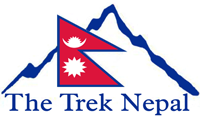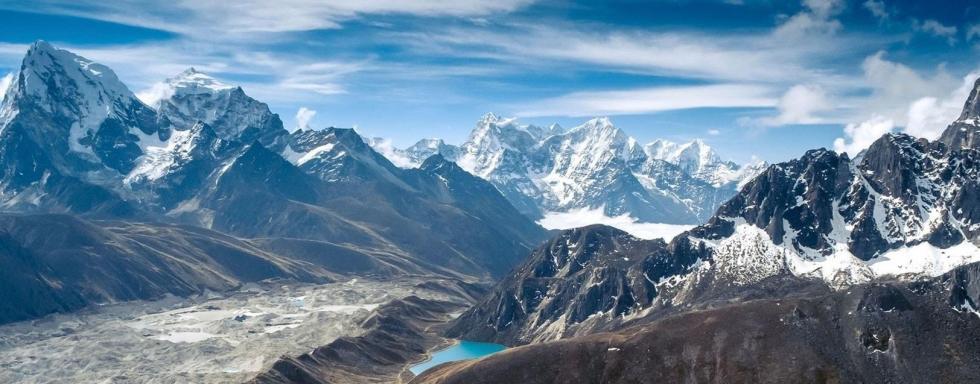Your guide to Everest region
The Everest region is the most sought-after travel destination in the world. It is named after Mount Everest and a journey through its twists and turns is more of a pilgrimage rather than a trek. The Everest region resided in the northeastern portion of Nepal and has its separate collection of glaciers, icefalls, and mountains. Numerous 8000 meters+ mountains including Mount Everest, are found in the Everest region. This blog shall serve as a guide to Everest region for travelers that wish to embark on this ethereal land.
Basic information
The acclaimed Everest Region nests between the quiet Kanchenjunga mountain and the endearing Langtang National Park. The elevation of this region commences from 2800 meters+ and as a result, the weather is extremely cold. It spans across the districts Solukhumbu and Sankhuwasabha.
The Sagarmatha National Park is a major component of the Everest region. It is linked with almost all treks that take place in the Everest region. The park dates back to 1976 and in 1979, it earned the status of UNESCO World Heritage Site. It was the first national park of Nepal to earn such accolades. Also, mountains like Everest, Ama Dablam, Lhotse, call it their home.
Highlights of the Everest region
The Everest region is filled with countless wonders but in this guide to Everest, we shall point out the best ones.
- Witness the sunrise from the vantage point at Kalapatthar
- Explore the frosty lakes at Gokyo village
- Embark on a spiritual journey by visiting the revered Tengboche and Pangboche monastery
- Experience antique Sherpa culture, traditions, and their way of life
- Marvel at the sight of sky-piercing mountains like Mount Everest, Nuptse, Lhotse, and Ama Dablam
Acute Mountain Sickness and preventing it
One of the most frowned upon yet, vital points to consider while trekking in high altitude region, is altitude sickness. People have the perception that it is not that important. Well, if it weren’t so important, people would not have died from it. In this guide to Everest blog, we shall discuss it in brief.
Altitude sickness occurs when you ascend or descend rapidly. Proper acclimatization is a must if you want to prevent it from happening. Headache, dizziness, tiredness, shortness of breath, and loss of appetite are some of the common symptoms of altitude sickness. To prevent it, you should ascend/descend slowly, drink plenty of water, and take proper medications if needed.
Traveling in the Everest region
In this guide to Everest blog, we shall discuss the methods through which you can travel in the Everest region. The treks that take place in the Everest region initiates from Lukla. To reach there, you can travel by flight which takes approximately 45 minutes (depending on weather conditions). You have the alternative of traveling by motor vehicle too which can take about 3-4 days.
Inside the national park, the only means of travel is through foot or yak. There is no road or any sort. In case of emergencies, a helicopter is taken inside the park.
Treks in the Everest region
Some of the treks that can be done in the Everest region are as follows:
- Everest Base Camp trekking
- Mera Peak Climbing
- Gokyo Lakes trek
- Three passes trek
Best time to visit the Everest region
Travelers are often bothered as to when is the perfect time to explore the Everest region. The time frame from February to May (pre-monsoon) is an ideal time frame for exploration. During this period, the weather is calm, dry, and suitable for trekking. However, if you want to visit major passes, then it might be closed due to snow.
The post-monsoon period starts from late September and lasts until November. It is also called the tourist season in Nepal. The weather is clear and provides astonishing views of the environment. On the contrary, it can get a bit crowded. You might find traveling with groups irritating too.
In conclusion, the above-mentioned factors should be kept in consideration if you want to venture into the Everest region. We hope that this guide to Everest blog has cleared any sort of doubts that you might have had. If you have any queries, be sure to contact us.

